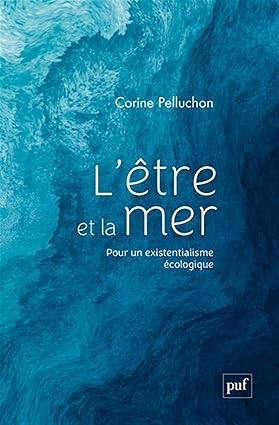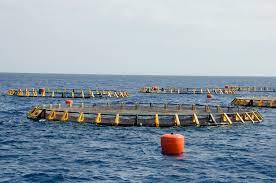This is a major work that renews our relationship with Earth and, by extension, with ecological thought. Corine Pelluchon, aware that two-thirds of the planet is covered by seas and oceans, considers our earthly condition starting from water. Focusing on the aquatic element, she rethinks ecological reflection by emphasizing the « liquid » approach—the infinite, the ebb and flow, calm and storm, life and death.
This leads her to develop an existential ecology based on the « classics » of existentialism (Sartre, Merleau-Ponty, Levinas, Heidegger…), which must be « ecologized. » She revisits the themes of these philosophers, such as « the relationship between anxiety and the lack of foundation, contingency and freedom, finitude and responsibility, » and confronts them with climate change and the profound transformations it causes. André Gorz, an ecologist influenced by Sartre’s thought, paved the way that she now follows. She also follows in the footsteps of Jan Patočka, forced into dissidence, from the Latin dis-sedere, « to sit apart. » This dissidence « corresponds to responsibility in uncertainty and precariousness. » It can « constitute a positive community » by emphasizing what « is common to all living beings and meaningful for humans. » For « it is by diving into the bottomless depths of existence through one’s own helplessness that we discover the nakedness of life and the vulnerability of the living, which require us to take care of ourselves, the planet, and others. »
Drawing inspiration from Val Plumwood (In the Eye of the Crocodile: Humanity as Prey), Marguerite Duras (The Tranquil Life), Virginia Woolf (The Waves), Rachel Carson (The Sea Around Us), but also from Albert Camus (Summer), Jules Michelet (The Sea), Victor Hugo (The Workers of the Sea), Paul Ricœur, and Arne Næss, Corine Pelluchon clarifies what she means by « ecological existentialism, » « inseparable from the transcendence that is the experience of our belonging to the common world. » After well-documented chapters on maritime legislation, both national and international, and others on oceanic fauna and the tragic reduction of biodiversity, the author is convinced that « ecology demands a reworking of our mental maps. » She then, with originality and inventiveness, delves into « marine ontology, » « marine humanities, » « thalassopoetics, » and the « archipelagization of the world, » all terms that testify to the necessity of thinking differently. « Thinking being and the sea, emphasizing the uniqueness of the ocean and its precedence over the land, does not simply highlight the community of fate and vulnerability shared by all beings and social groups in order to derive normative consequences. » Such a conclusion certainly hints at a sequel.
Source: esprit




